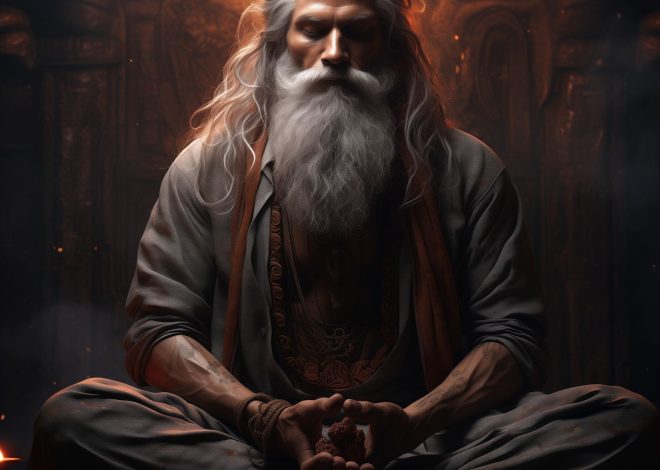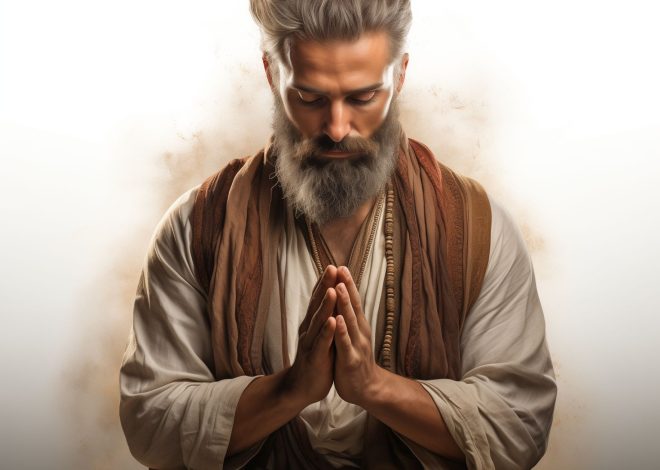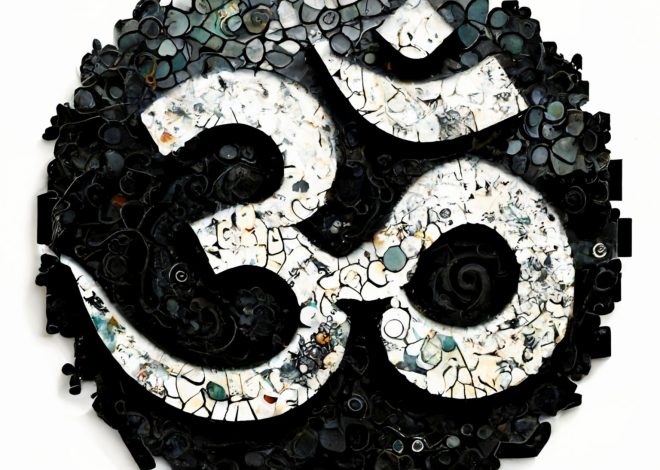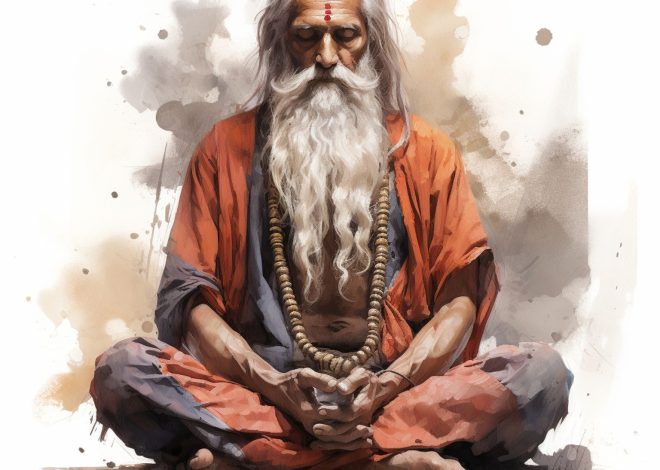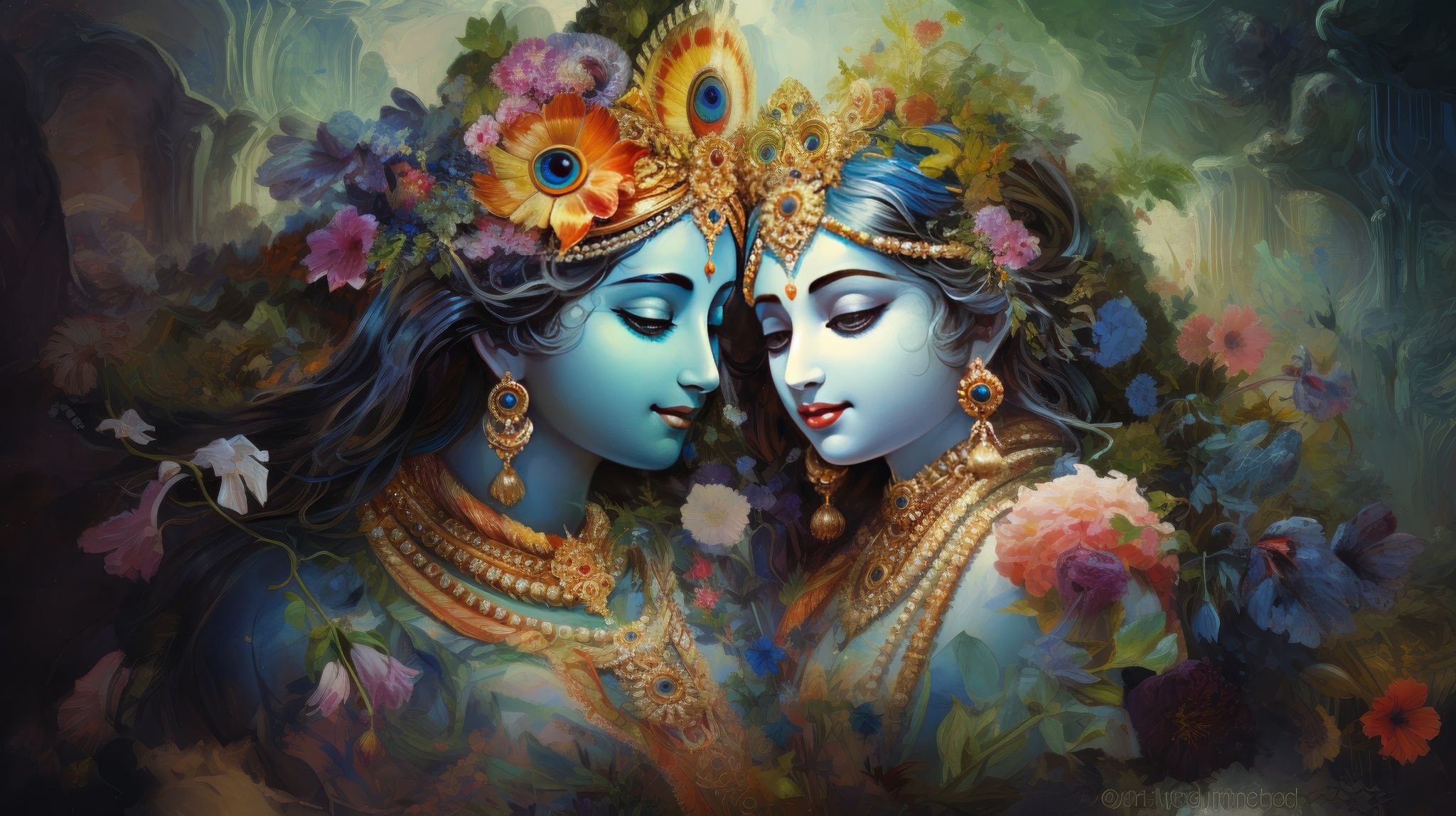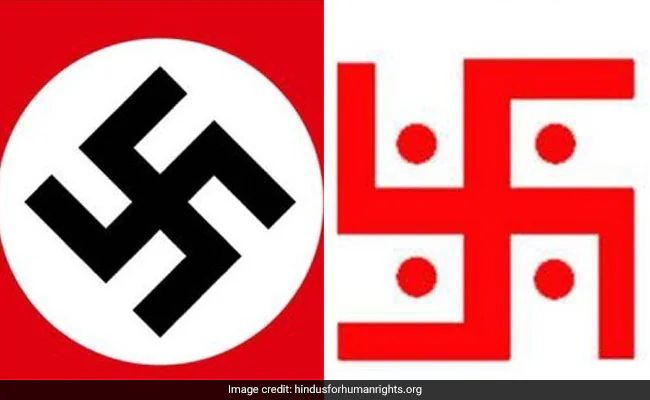Ashtanga Hrudayam
“Ashtanga Hrudayam” is a Sanskrit term that can be broken down into its constituent parts for a deeper understanding: “Ashtanga”: “Ashta” means ‘eight’ and “anga” means ‘limbs’ or ‘parts’. In the context of this text, it refers to the eight branches or disciplines of Ayurveda, which are internal medicine, surgery, eye and ENT, pediatrics, toxicology, […]
The unique mathematics of God
1 + 1 = 11 – 1 = 1 जब मैं था तब हरि नहीं अब हरि है मैं नाहीं । प्रेम गली अति सांकरी जामें दो न समाहीं ॥ When I was there God was not there, when God is there, I am not there.The street of love is so narrow that both cannot […]
OM – universe’s vibrational essence
A sacred syllable revered across various Indian spiritual traditions stands as a profound symbol encapsulating the universe’s vibrational essence. This mystical sound, deeply embedded in Hinduism, Buddhism, Jainism, and Sikhism, transcends religious distinctions, embodying the core cosmic energy. Origins and Scriptural References Tracing its origins to the ancient Vedic texts, the oldest scriptures of Hinduism, […]
Turiya State: The Ultimate Consciousness In Indian Philosophy (Part 2)
The exploration of Turiya, the fourth state of consciousness in Indian spiritual philosophy, is a profound journey deeply rooted in the Vedantic tradition. Turiya transcends the common states of waking, dreaming, and deep sleep, representing a state of pure consciousness beyond sensory experience and mental constructs. The Mandukya Upanishad describes ‘AUM’, and associates its components […]
Turiya State: The Ultimate Consciousness in Indian Philosophy (Part 1)
Turiya, often explored in the annals of Indian spiritual texts, embodies a state of consciousness surpassing the familiar realms of waking, dreaming, and deep sleep. This fourth realm of awareness, deeply ingrained in the ethos of Vedanta, epitomizes a consciousness that exists beyond the physical world’s confines. The Mandukya Upanishad, a seminal text in Hindu […]
The beautiful philosophy of Manasa, Vacha, and Karmana
Mahabharat, encapsulates a profound philosophical concept through the Sanskrit shlok: “कर्मणा मनसा वापि वाचा वापि परंतप / यन मे कृतं बराह्मणेषु तेनाद्य न तपाम्य अहम.” Bhishma said this on the bed of arrows, which translates as “I am not performing penance today for what I have done is according to mind, speech and karm” ‘Manasa, […]
Multiple facets of Krishn Bhagwan
Krishn Bhagwan is like no other god. He is the only one who is a lover and a warrior, a friend, a teacher, a guide, a mentor and so much more. Hinduism’s highest deity, Krishn Bhagwan, represents the soul’s path from playful beginnings to love, moral issues, and divine action. His life inspires us to […]
Swastik vs Hakenkreuz – learn the difference
This post is a response to the generally ignorant comments on tying Swastik with Anti-Semitism. SwastikThe Swastik is a 3,000-year-old symbol that predates even the Egyptian civilization. Its name derives from the Sanskrit word “svastika,” which means “conducive to well-being” or “auspicious.” The symbol is distinguished by its geometric shape, which is a cross with […]
